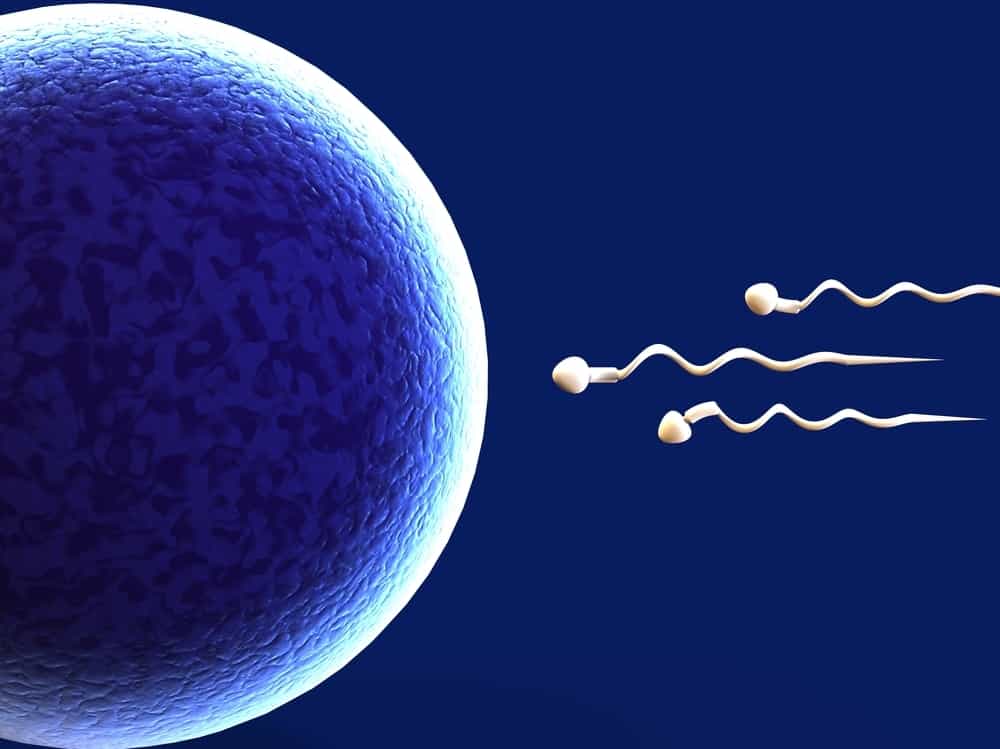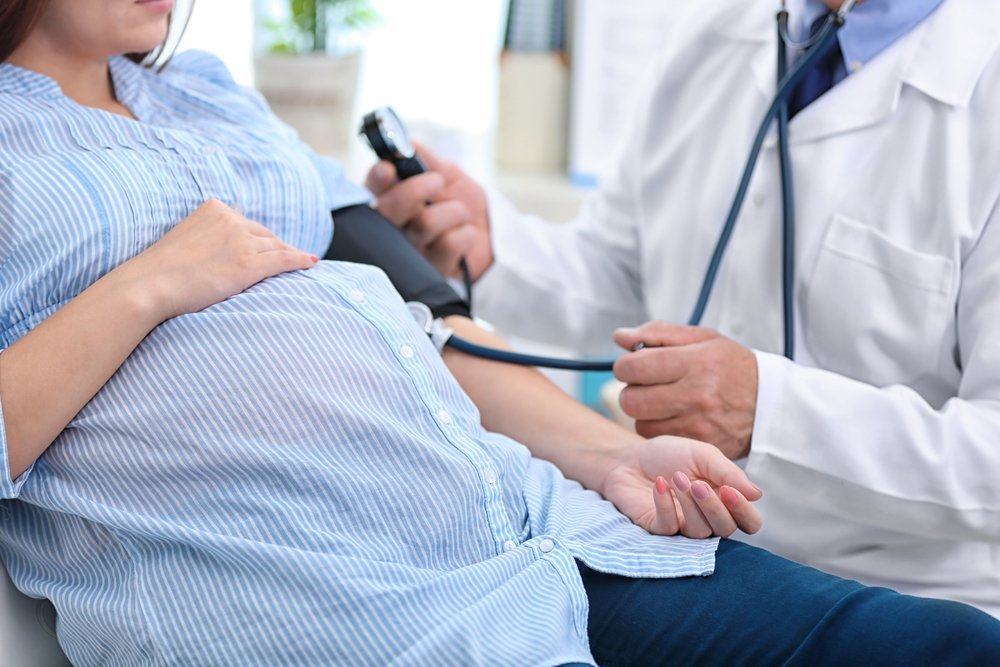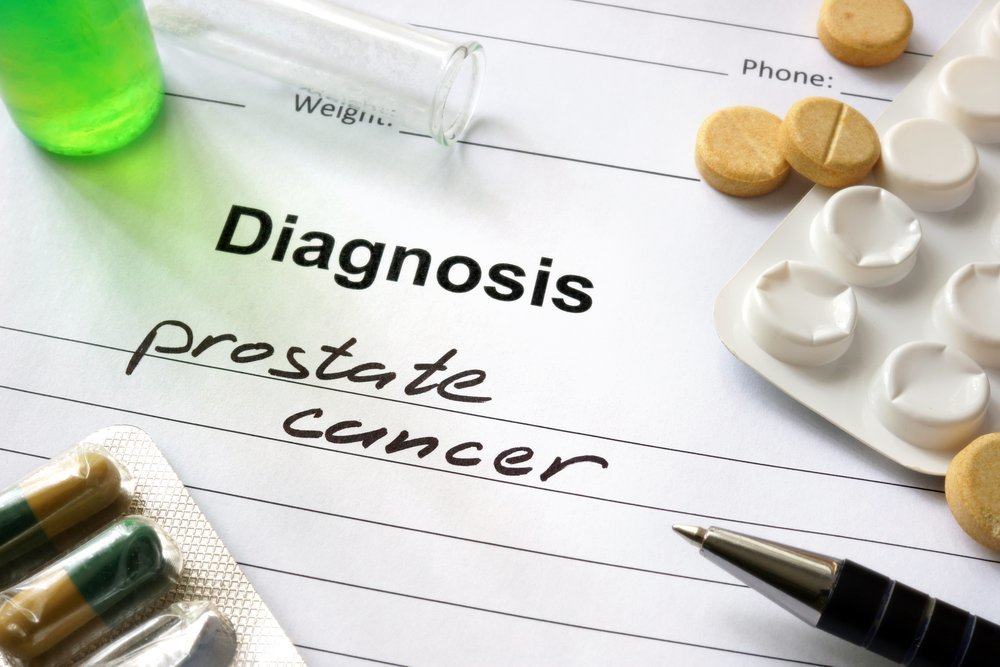Contents:
- Medical Video: Is it Safe to eat Raw Eggs?
- Nutritional comparison between raw eggs and cooked eggs
- Raw eggs and cooked eggs, which ones are safer to consume?
Medical Video: Is it Safe to eat Raw Eggs?
Almost everyone likes eggs. Round food is one of the good sources of protein for the body. Besides protein, other important nutrients are also contained in eggs, such as choline, vitamin A, folate, omega-3 fatty acids, and much more.
You may have your own habits in consuming eggs. Some like to eat raw, undercooked, boiled, fried eggs, or omelet. However, between raw eggs and cooked eggs, which one is better?
Nutritional comparison between raw eggs and cooked eggs
Eggs have a number of certain nutrients, which are almost the same amount no matter how you cook them (with notes without adding other ingredients when cooking). However, if you cook the egg with additional ingredients, of course egg nutrition can change.
For example, eggs are cooked by frying with oil, of course the fat content in the egg can be added from the cooking oil used. Eggs absorb oil when fried. The amount of oil you use when frying eggs affects the calories in fried eggs. So, raw eggs have lower calories compared to fried eggs.
According to U. S Department of Agriculture, fried eggs usually contain as many as 90 calories and fat as much as 6.8 grams. Meanwhile, raw eggs generally contain 72 calories and 4.8 grams of fat.
Besides the fat content, other nutrients contained in raw eggs and mature eggs are generally almost the same. Eggs in a large enough size generally contain 6.3 grams of protein and about 60% of the protein is found in the white part of the egg. Meanwhile, the fat content in eggs is around 5 grams, consisting of 1.6 grams of saturated fat and 210 mg of cholesterol. About 90% of the fat is in egg yolk.
However, the absorption of nutrients between raw and mature eggs in the body seems somewhat different. Nutrients (especially proteins) in cooked eggs are easier for the body to absorb than nutrients in raw eggs. This is because cooking eggs changes the structure of proteins in eggs. Thus, eggs that have been cooked have a protein structure that is more easily digested and absorbed by the body. So, even though the amount of protein in raw and cooked eggs is the same, the body is better able to use the protein from cooked eggs.
On the other hand, cooking can also reduce the nutritional content of eggs that are easily lost due to heating. Some of these nutrients are vitamin A, vitamin B5, phosphorus, and potassium.
Raw eggs and cooked eggs, which ones are safer to consume?
The safety between raw eggs and cooked eggs is certainly different. Raw eggs, although they appear to be in good condition, but they may carry Salmonella bacteria which can cause food poisoning. These bacteria can be found in egg shells and in eggs.
Therefore, you need to cook eggs to kill the possibility of bacteria in the egg. You should cook the eggs until they are fully cooked (not half-cooked), so that the bacteria that might be present in the egg actually die.
Symptoms of food poisoning include abdominal cramps, diarrhea, nausea, fever, and headaches. These symptoms can appear 6-48 hours after you eat food that causes poisoning and can last for 3-7 days.












